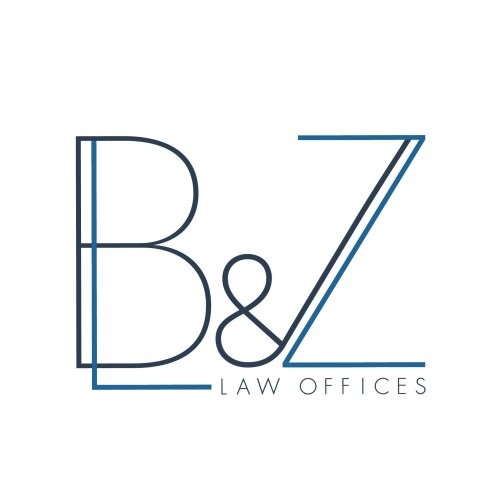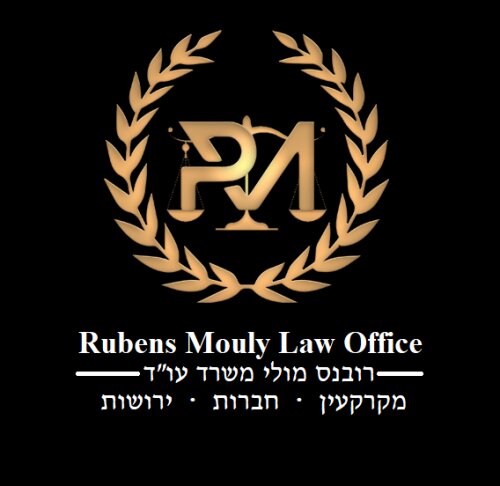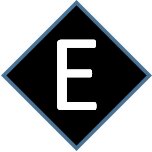Best Sanctions & Export Controls Lawyers in Netanya
Share your needs with us, get contacted by law firms.
Free. Takes 2 min.
List of the best lawyers in Netanya, Israel
About Sanctions & Export Controls Law in Netanya, Israel
Sanctions and export controls law governs the movement of goods, technology, and services across international borders, particularly focusing on restricting or permitting trade with specific countries, individuals, or entities based on government regulations. In Netanya, Israel, these laws are enforced according to both Israeli legal frameworks and international obligations, such as those from the United Nations. Businesses and individuals in Netanya must navigate a complex legal environment to ensure compliance with these rules, whether they are exporting products, sharing technology, or engaging in financial transactions with foreign parties.
Why You May Need a Lawyer
Legal advice in sanctions and export controls can be crucial for both companies and individuals in Netanya. You may require a lawyer if you are:
- Exporting goods or technology to foreign countries
- Importing sensitive goods into Israel
- Uncertain about whether your business dealings may violate sanctions
- Facing an investigation or enforcement action from Israeli authorities
- Seeking guidance on compliance programs or due diligence processes
- Involved in cross border mergers, acquisitions, or joint ventures
- Handling restricted or dual use technologies
- Responding to inquiries from foreign partners about Israeli trade restrictions
- Needing to apply for export licenses or approvals
- Experiencing asset freezes or business disruptions due to sanctions listings
Legal support can help you avoid penalties, protect your reputation, and maintain your international business activities within the law.
Local Laws Overview
In Israel, including Netanya, sanctions and export controls are mainly regulated by the Defense Export Control Law 5766-2007, the Free Export Order, and various government orders and circulars implementing international sanctions. These laws set out what can be exported, to whom, and under what circumstances. The Ministry of Economy and Industry and the Ministry of Defense are key regulatory bodies. Israel occasionally imposes or enforces restrictions based on UN Security Council resolutions or in alignment with its diplomatic and security interests.
Key aspects of local law include the requirement for licenses for the export of military, dual use, or sensitive items; broad prohibitions on dealings with certain sanctioned entities or countries; requirements for internal compliance programs in certain industries; and severe penalties for violations, including criminal charges, fines, and export bans. Businesses must conduct thorough due diligence on transactions, end users, and uses of their products to comply with these laws.
Frequently Asked Questions
What are export controls?
Export controls are regulations that restrict the transfer of certain goods, technologies, or services outside of Israel, or to specific individuals or entities, based on national security and foreign policy considerations.
Who oversees sanctions and export controls in Netanya, Israel?
The Ministry of Defense, the Ministry of Economy and Industry, and the Israel Tax Authority are the main enforcement agencies for these laws.
Do I need a license to export goods from Netanya?
You may need an export license if your goods are military, dual use, or appear on Israel’s controlled goods lists. Even non-sensitive products might require licenses depending on the destination country.
What is a dual use item?
A dual use item is a product, software, or technology that can be used for both civilian and military applications.
What are the penalties for violating export controls?
Violations can result in fines, criminal prosecution, denial of future export privileges, and the seizure of goods or assets.
How do I know if a country or entity is subject to Israeli sanctions?
Israel publishes lists of sanctioned countries, organizations, and individuals. These lists are available through official government channels and are frequently updated.
Can software or technology transfers be subject to export controls?
Yes, intangible exports, such as software downloads or the transfer of technical knowledge via email or phone, can be regulated.
What should I do if my business is contacted by a sanctioned entity?
You should not respond directly and must immediately contact a lawyer or compliance officer. Engaging with sanctioned entities can be unlawful.
Are there exemptions or exceptions to the regulations?
Certain humanitarian or diplomatic exports may be exempt, but these exemptions are limited and subject to strict governmental approval.
How can a lawyer assist with export compliance?
A lawyer can review your products and operations, identify regulatory risks, help obtain necessary licenses, and represent you if enforcement actions are taken.
Additional Resources
If you need more information or require official guidance, you may find these resources helpful:
- Ministry of Defense - Defense Export Control Agency (DECA)
- Ministry of Economy and Industry
- Israel Tax Authority - Customs Directorate
- Israel Export Institute
- Chamber of Commerce Netanya
- Israeli Bar Association
Next Steps
If you believe your business or personal activities may be affected by sanctions or export controls regulations, consider the following steps:
- Collect all relevant documents and information about your exports, partners, and transactions
- Stay up to date on current Israeli sanctions lists and legal developments
- Consult with a qualified lawyer or legal advisor with experience in sanctions and export controls law in Israel
- Implement or update your internal compliance procedures and training
- Respond promptly and carefully to any government inquiries or investigations
Early legal intervention can help prevent violations, resolve uncertainties, and protect your business operations in Netanya and beyond.
Lawzana helps you find the best lawyers and law firms in Netanya through a curated and pre-screened list of qualified legal professionals. Our platform offers rankings and detailed profiles of attorneys and law firms, allowing you to compare based on practice areas, including Sanctions & Export Controls, experience, and client feedback.
Each profile includes a description of the firm's areas of practice, client reviews, team members and partners, year of establishment, spoken languages, office locations, contact information, social media presence, and any published articles or resources. Most firms on our platform speak English and are experienced in both local and international legal matters.
Get a quote from top-rated law firms in Netanya, Israel — quickly, securely, and without unnecessary hassle.
Disclaimer:
The information provided on this page is for general informational purposes only and does not constitute legal advice. While we strive to ensure the accuracy and relevance of the content, legal information may change over time, and interpretations of the law can vary. You should always consult with a qualified legal professional for advice specific to your situation.
We disclaim all liability for actions taken or not taken based on the content of this page. If you believe any information is incorrect or outdated, please contact us, and we will review and update it where appropriate.












